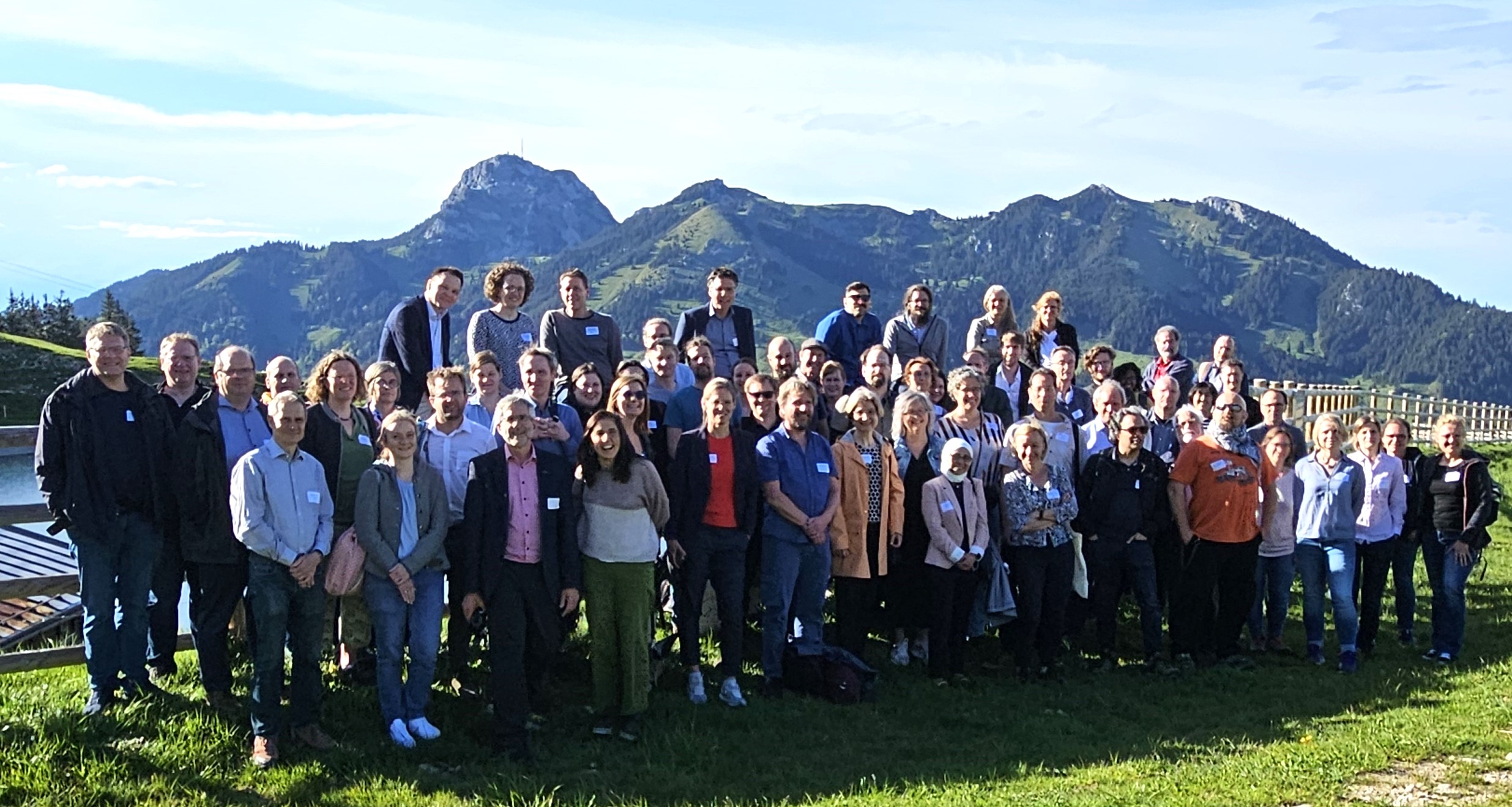Proceedings and videos of keynotes The conference proceedings and recorded keynote videos from the 12th…
Author: Mircea Toboșaru, University Politehnica of Bucharest, Department of Teacher Education and Social Sciences Engineering Ethics in Romania

Engineering ethics in Romania has no remarkable past and is anemic in the present day. Hopefully, it will have a significant future. Of course, engineering ethics has many dimensions. In what follows, I will make some remarks about engineering ethics in practice,
in different engineering organizations and in the educational context.
The communist period was, in Romania, a time when engineers had a special social status. They embodied the working intelectual focused on practical problems, oriented towards technological progress through industrial development. But, given the top-down central economy and the lack of freedom, there was no fertile ground for analyzing different engineering projects or decisions through ethical lenses different from the party line. After the 1989 revolution, a free economy and a free society emerged, but the macro-industrial oriented economy of the communist era collapsed. And with it, engineers lost their high status in society. However, they remained a self-reflecting and organized body of professionals. The Romanian General Association of Engineers was established in 1990, as a new organization that included former smaller associations of engineers. A Code of Ethics for Professional Engineers has been adopted, but it was not followed by activities meant to promote engineering ethics. Gradually, the economy recovered, and private and successful technological companies emerged. Now we can find different companies that have ethics codes for their engineers.
In the Romanian educational context, the relation between engineering and ethics has been, in the communist era and the post-revolution period, briefly explored in a few graduate courses in different major university centers that focused primarily on ethics, general philosophy, and the philosophy of technology. There is now just one active academic research center in Romania that explores some themes central to engineering ethics: C-EPHES Ethics, Philosophy and Engineering in Society.
Will engineering ethics be more than an academic curiosity for practicing engineers and STEM academics in the future? The change will be slow. In my university, Politehnica University of Bucharest, there is some interest in promoting engineering ethics courses for undergraduates. My colleagues and I in the Department of Teacher Education and Social Sciences are planning to establish a center for promoting the field of engineering ethics and are planning a series of conferences aiming at constructing conceptual bridges between ethics, philosophy, and engineering disciplines. But this will be just a small step in the right direction.
Graduating a course on academic integrity and ethics became mandatory for MAs in Romania after a series of plagiarism scandals involving high-ranking officials and political figures. Hopefully, there will be no major engineering scandals, with disastrous consequences, that will compel education officials to regard engineering ethics as necessary for an engineer as is academic ethics for a researcher. Plagiarism negatively impacts just the world of ideas, but ethical failures in engineering may translate in real victims. Therefore, we have to promote now engineering ethics education for those professionals that will shape our technological reality and our future society.
